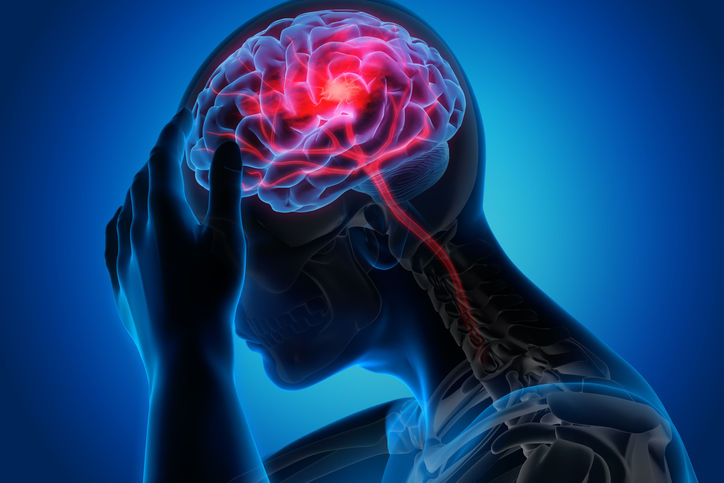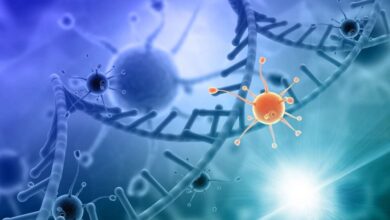Researchers discover two brain systems that aren’t working properly in psychotic patients
According to a recent study conducted by Stanford University in the US, two brain systems have been shown to work abnormally in individuals suffering from psychosis, where they struggle to discriminate between what is real and what is not.

It was discovered that these systems function as two things: a “filter” that draws attention to what is significant both internally and outwardly, and a “predictor” that helps predict rewards.
Researchers said that the salience network, also known as the filtering system, aids in the dismissal of illogical ideas so that we may concentrate on what is true and important to us, like observing traffic while driving.
They claimed that the dopamine-driven reward prediction system is essential for forecasting what will be significant or gratifying.
Collectively, they fail in a manner that allows ideas unrelated to reality to hijack the brain’s cognitive networks, according to Vinod Menon, a psychiatry and behavioral sciences professor at Stanford University in the United States.
Menon, a senior author of the research that was published in the journal “Molecular Psychiatry,” said, “This process derails the normal functioning of cognitive control, allowing intrusive thoughts to dominate and culminating in symptoms we recognise as psychosis.”
According to the study, individuals with psychosis have false beliefs, such as believing that persons who are not real exist, and suffer hallucinations, such as hearing voices. It is recognized that the condition may happen either by itself or as a sign of mental diseases like schizophrenia and bipolar disorder.
Researchers examined brain scans of psychotic patients aged 6-39 years for the study. They discovered that the anterior insula, a crucial component of the salience or “filtering” network, and the ventral striatum, the “reward predicting” network, were the two brain areas most responsible for psychosis.
Lead author Kaustubh Supekar, a clinical associate professor of psychiatry and behavioral sciences, says the results provide a useful model for comprehending the onset and course of schizophrenia.
According to Supekar, “in schizophrenia, a lot of damage has already occurred in the brain by the time of diagnosis, and it can be very difficult to change the course of the disease.”
He said, “What we observed is that functional interactions among brain regions within the same brain systems are abnormal from an early age; the abnormalities are not limited to the 20s; they are visible as early as age seven or eight.”







